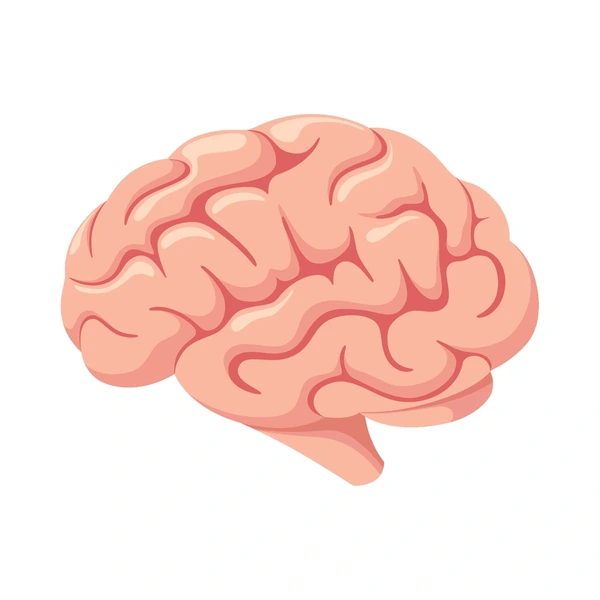
Jacqueline Osborne
October 29, 2025

Dementia is a word we often hear, but what does it really mean? In simple terms, dementia describes a group of symptoms that affect a person’s ability to think, reason, remember, and function. It is not a single disease, but rather a general term for changes in cognitive abilities, especially when the cause of those changes is not known.
Let’s take a closer look at what dementia is, how it’s diagnosed, and what steps you can take to reduce your risk.
What Is Dementia?
Our cognitive abilities such as memory, problem-solving, sequencing, and reasoning are what allow us to function in everyday life. Everyone forgets things from time to time, and some level of forgetfulness is perfectly normal.
For example, it’s typical to forget the name of someone you met once or the details of a casual conversation. But it’s not typical to forget the name of your pet or how to take out the trash; tasks and facts that are deeply familiar.
When memory lapses or confusion begin to interfere with your daily functioning or safety, that’s a sign it’s time to talk to your doctor. Identifying the cause early is essential because some conditions that look like dementia can actually be treated and reversed.
💡 Click here for more information and tips on reducing your risk of developing dementia.
How Do Experts Diagnose Dementia?
If you or a loved one are experiencing concerning changes in memory or thinking, your doctor will likely perform a comprehensive evaluation. This may include:
A thorough evaluation helps rule out other causes and provides a clear picture of what’s happening so treatment and care can be better tailored to the individual.
Early Symptoms of Dementia
One of the earliest warning signs of dementia is memory loss that feels unusual or concerning. You might notice changes in your ability to:
When these changes begin to disrupt normal life or create worry, it’s important to reach out for a professional evaluation.
Advanced Dementia Symptoms
As dementia progresses, symptoms become more noticeable and start to interfere with daily activities such as dressing, eating, and bathing. A person with advanced dementia may:
At this stage, additional support, both emotional and physical, is often necessary for safety and well-being.
How Can Dementia Risk Be Reduced?
While not all causes of dementia are preventable, research shows that lifestyle choices can make a difference. Some key ways to lower risk include:
Even for those already diagnosed, consistent physical activity has been shown to improve mental function and enhance quality of life.
💛 Connect with a Caregiver
At YouMeCare, we’re committed to helping families create personalized care strategies that meet their unique needs. Whether you’re caring for a loved one or seeking support for yourself, we can help you identify your priorities and connect with compassionate, qualified caregivers.
📞 Contact us today to learn more about how we can help you and your family navigate dementia care with confidence and peace of mind.Because at YouMeCare, we connect people who need help with people who can provide it.